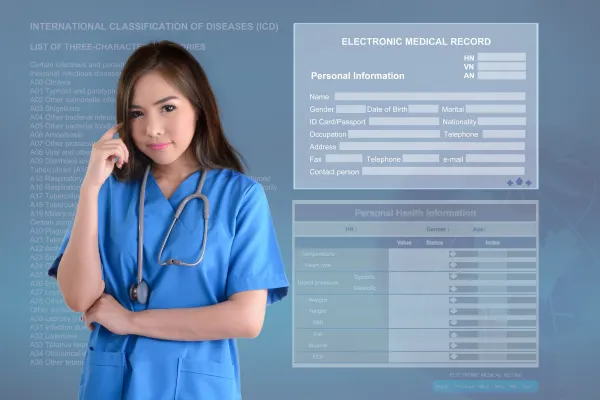Code CCM Accurately with These Expert Tips

These 5 hints will keep your reporting on-target. Following up on last month’s discussion of chronic care management (CCM) and complex CCM, our experts weigh in with these great tips to help you accurately report CPT® codes 99490 (Chronic care management services …) and 99487 (Complex chronic care management services …). Read on to keep your CCM coding clear and precise. Hint: Time Is on Your Side The guidelines preceding 99487 in CPT® note that it is used to document the first 60 to 89 minutes of complex CCM in the month; anything beyond that is captured with +99489 (… each additional 30 minutes of clinical staff time …). On the other hand, Kent Moore, senior strategist for physician payment at the American Academy of Family Physicians, cautions that 99490 is “open-ended regarding time,” since the descriptor says, “at least 20 minutes.” Because the code is open-ended, Moore also notes there is no add-on code for 99490. Also, it is important to remember that cumulative CCM services of less than 20 minutes in a calendar month for 99490 and of less than 60 minutes in a calendar month for 99487 are not reported separately. Tracking the time spent administering these services can be a real challenge. Marcella Bucknam, CPC, CCS-P, COC, CCS, CPC-P, CPC-I, CCC, COBGC, manager of clinical compliance with PeaceHealth in Vancouver, Washington, notes that some practices do not even document time, so they cannot even use the codes. Her suggestion for your practice is “to create a process to track it or create a special build in your EMR [electronic medical record] to track and calculate minutes spent providing the service.” Hint: Some ED Encounters Are on the Table If the patient is in an emergency department (ED) for a condition that is a part of the CCM care plan, you can count the amount of time spent in care management with the ED — but you cannot count any time “the patient is inpatient or admitted as observation,” according to CPT®. However, if your provider personally performs clinical staff activities, you might also count that time for 99490 and 99487 purposes. Hint: Beware of Reporting Other, Different CCM CPT® offers a laundry list of other services that you cannot report with 99487 or 99490 services. Bucknam notes that these services fall into two categories: the first can be described as “other types of services that include chronic care management like end stage renal disease/dialysis services,” and the second, “services that are part of the chronic care management service itself like telephone calls or educational material.” She goes on to note that “it is already expected that these services will be provided as part of that monthlong service.” Or, as Moore puts it, “The prohibition on reporting is intended to avoid double-counting/double-dipping by the practice.” Hint: Reporting 99487/99489 Means Looking at the Care Plan Moore suggests “pay[ing] attention to what is happening with the comprehensive care plan and recognize that there is a distinction between 99490 and 99487/99489 in this regard.” Codes 99487/99489 require that a care plan either be established or substantially revised. In terms of changes to the care plan, 99490 only requires revision and does not specify that revision must be “substantial.” Hint: Ask “Is the Decision Making Level Low or High?” Moore also cautions that “99487/99489 have a [level of] medical decision making not found in 99490.” Bucknam agrees, adding that the level of medical decision making “depends not only on the initial assessment but also on other things that happen during the month. If the patient has an exacerbation or complication, the level could go from low to high and that should be considered in choosing a code.”




